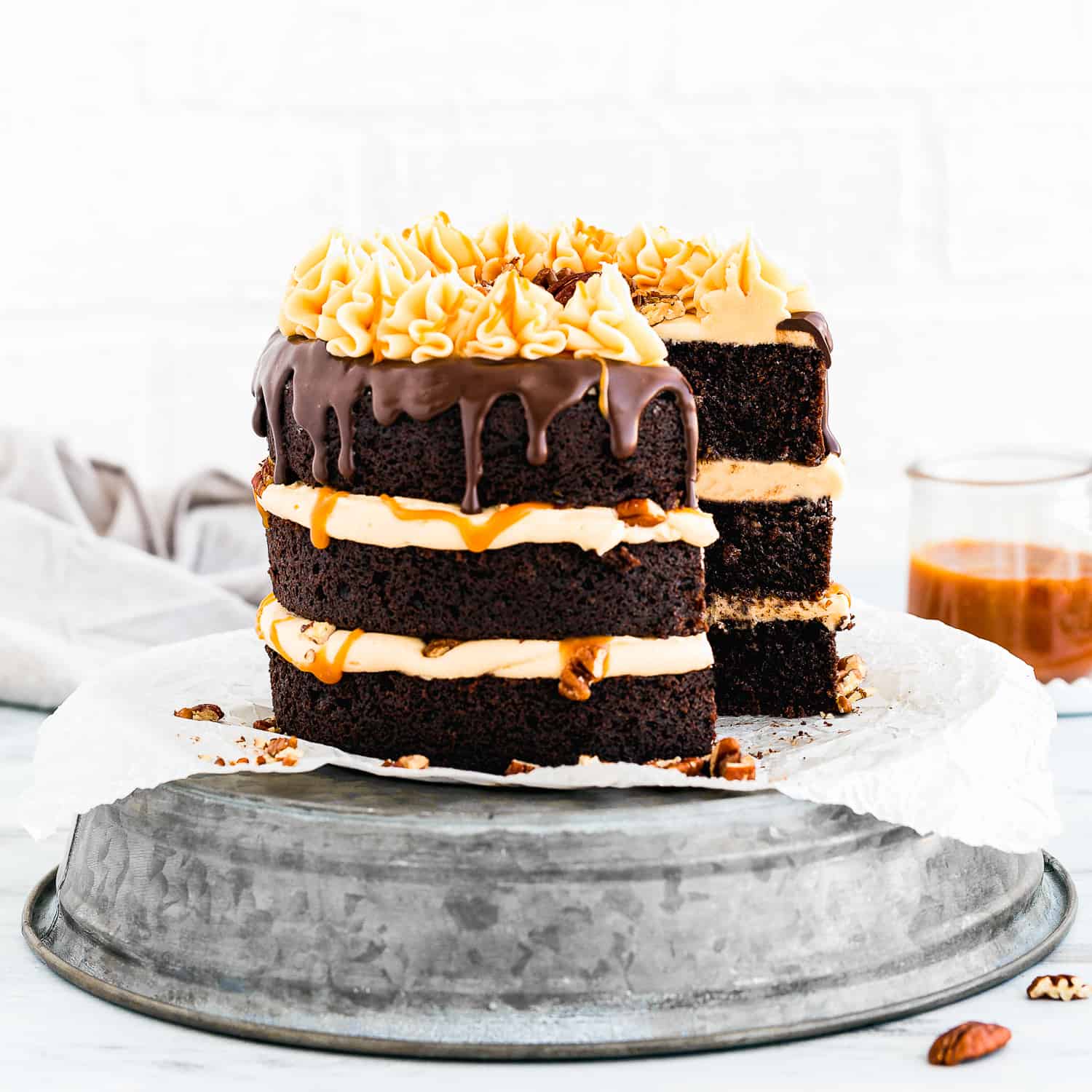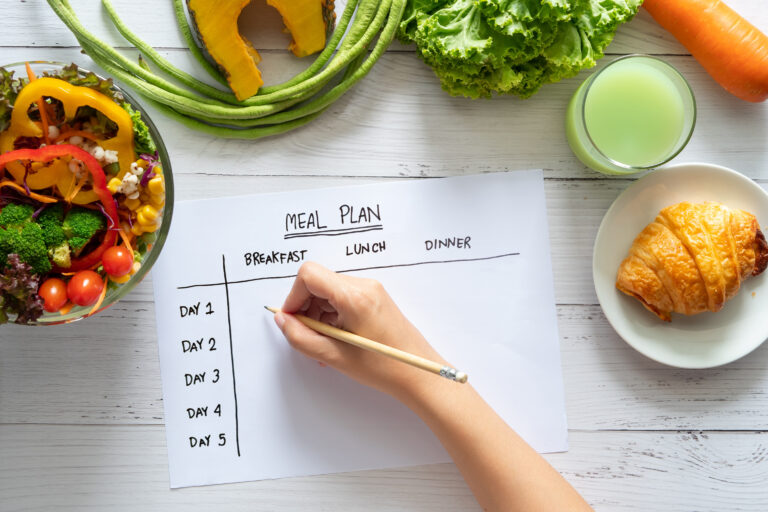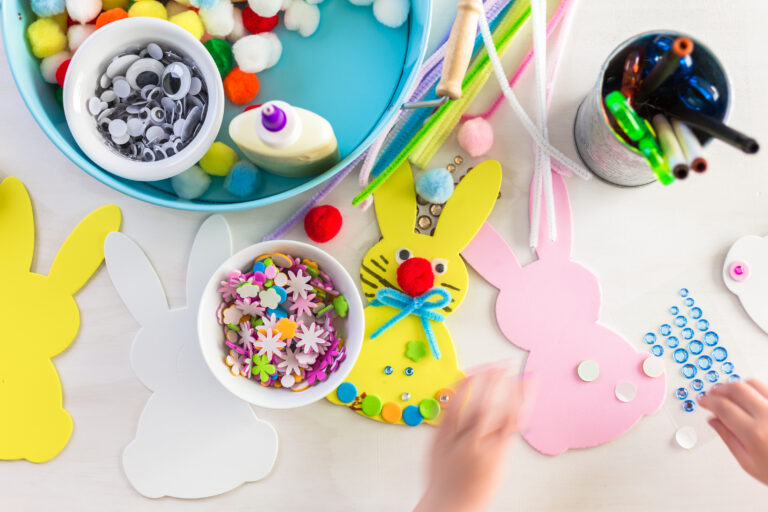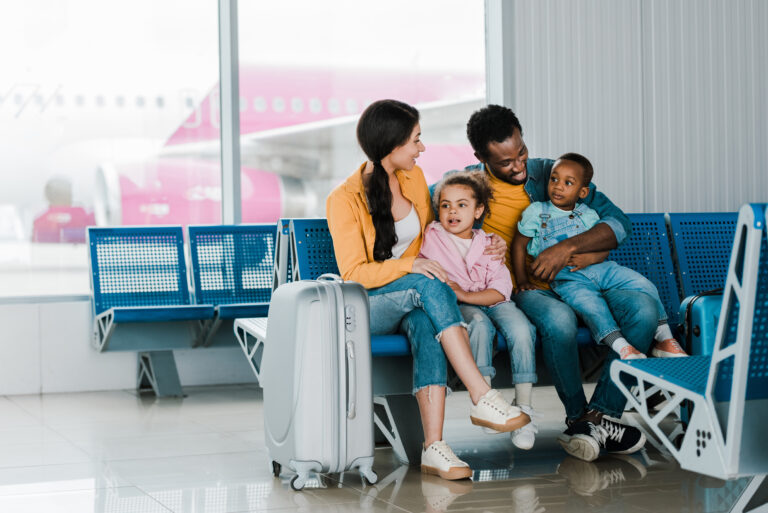How to Support Someone with Food Allergies
This post may contain affiliate links. Read our disclosure policy.
The content provided on FoodAllergiesLiving.com is for educational purposes only. The information supplied on this website is not intended to diagnose, treat, cure, or prevent any disease, nor is it intended to replace the advice of a physician.
Food allergies can be a challenge for anyone to deal with. If you have a family member or loved one who is navigating issues with food allergies, you can help them with some simple tips so that they feel supported.

Whether it’s an allergy to some of the most common allergens like milk, peanut, or some of the less common allergenic foods, it can be hard to adopt the necessary changes needed to keep living a happy life and to stay safe.
As the mother of a child with food allergies, I have been through many uncomfortable and disappointing situations over the 10 years. It’s also fair to say that, on the other side, I have had wonderful experiences, with people going the extra mile to accommodate my daughter’s needs. For this reason, I’ve put together nine tips you can practice to help your loved ones with food allergies.
1 – Have Empathy for Those With Allergies
Living with an allergy can be challenging and sometimes scary, particularly when some allergies can cause extreme reactions. But beyond the risk of having a life-threatening reaction, there’s a social impact that can be hard to navigate in group settings like school, family gatherings, or social events. Often, people or families with food allergies can feel isolated.
The first step to helping them, it’s putting yourself in the person’s shoes. Imagine going through this problem right now. Try to understand things from their perspective, thoughts, and feelings!
2 – Educate Yourself About Food Allergies
Learn everything you can about your loved one food allergies and possible symptoms and reactions. Also, common foods that you need to avoid. Make sure to revisit the food allergy rules and tips from time to time so that you’re always prepared.
3 – Show Care And Concern
When someone tells you about their food allergies, chances are he/she needs your emotional support. Four easy ways to do this:
- Ask, “How are you feeling? How can I help?
- Learn how to make their favorite dessert/dishes allergy friendly.
- Have always safe food for them to eat.
- Check-in from time to time. Sometimes, they might not want to talk about it, but it is still meaningful if you nicely ask how they are feeling and coping.
4 – Learn to Read Labels
It’s important to look for specific allergens on ingredient labels on packages, but remind to also look for cross-contaminants. These warnings (in the United States) often appear in a separate box on the back of a food product that lists major food allergens that may have been processed in the same facility as the food in the package (like soy, wheat, peanut products, and eggs).
Check out my Tips to Read a Label When You Have Food Allergies!
5 – Adapt Family Rituals
If one of your family rituals is painting eggs for Easter and eating pancakes Christmas morning, and now you have a family member or loved one that has an egg allergy, you need to adapt and find new ways.
Perhaps you can paint wooden eggs, right? And then find the Best Egg-Free Pancake recipe.
Remain goal oriented, the gold is to keep your loved one safe… so embrace the changes and do what it takes to make it happens. Where there’s a will, there’s a way!
6 – Ask Questions When Going Out
If you are going out with an allergic person – maybe, you are taking your grandkid to the movies or to the park – and you are planning to eat something, always ask questions and communicate clearly with the place staff. First, inform anyone who may be serving you about the specific allergen (s) that they need to avoid to ensure they are served a safe meal.
Then, it’s important to ask specific questions about ingredients in dishes and drinks on the menu and also, if there’s any chance of cross-contamination with their known allergen.
7 – Remind To Be Mindful of Your Own Intake
While it’s relatively rare, there are situations in which coming in contact with someone who has eaten the allergen could have devastating consequences for another person who is allergic to it. If your family member is prone to having a severe allergic reaction, it’s important to watch out for your own intake.
8 – Offer Emotional Support
This means giving them your trust and affirmation. Encourage them. Let them know that no matter what happens, you have their back. Usually, seeing that they are understood and cared for can be extremely positive and help them find a new normal.
9 – Ensure That There’s a Plan to Protect Your Loved One
Even if you follow all the rules, accidental exposures may still exist. To prepare for that, learn what to do in case of an emergency.
Make sure, that your loved one carries an emergency kit at all times, with easily accessible and detailed information about emergency contacts so that there is a way to contact family members in the event of an exposure.
With these simple steps, anyone with food allergies will be thankful because you’re helping to keep them safe, protected, and included.




